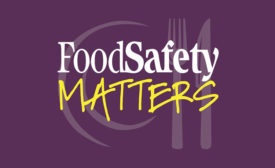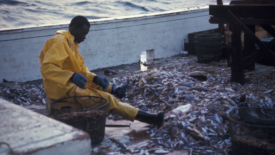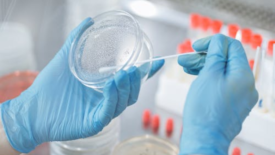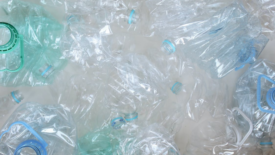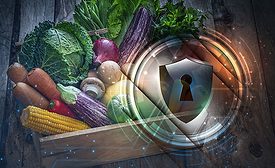Home » water safety
Articles Tagged with ''water safety''
Cyber as a Vital Element in Comprehensive Food Safety and Defense Programs
Food safety professionals must be aware of new challenges and vulnerabilities
June 10, 2022
Never miss the latest news and trends driving the food safety industry
eNewsletter | Website | eMagazine
JOIN TODAY!Copyright ©2024. All Rights Reserved BNP Media.
Design, CMS, Hosting & Web Development :: ePublishing
